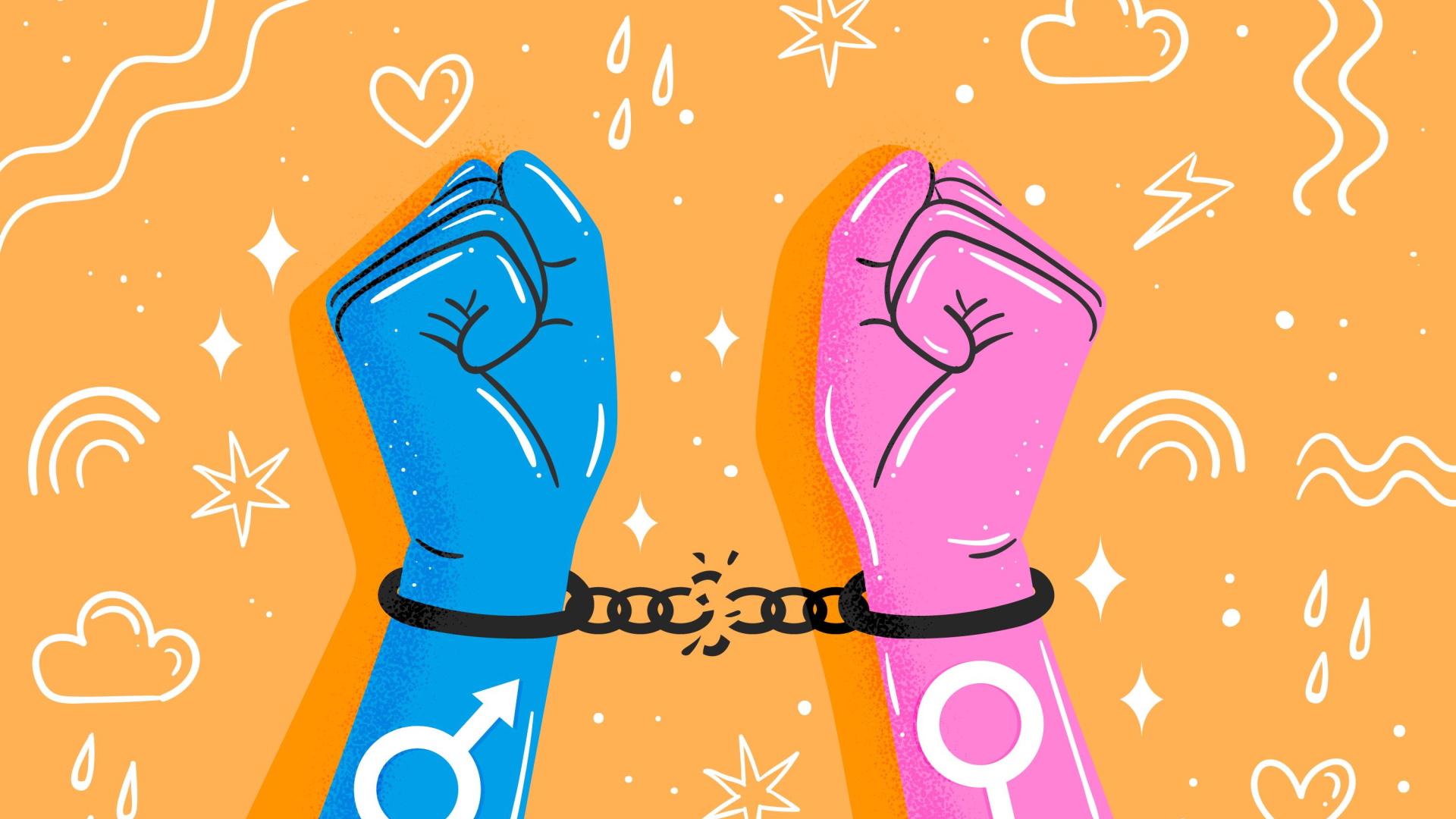Teaching in the 21st century classroom is not an easy task. Teachers juggle with a vast variety of sources, interactive tools, online resources and try to keep a balance between online and physical classrooms.
In teenagers’ classes I have been using project-based lessons in my school with considerable success. Project-based lessons or project-based instruction is an approach designed to give students the opportunity to develop knowledge and skills through engaging projects set around challenges and problems they may face in the real world. With project-based lessons, students become active participants of the lesson and not just passive receivers, something which tires them and cuts them away from the process of learning. Furthermore, students have the chance to practice the 21st century skills known as the Four Cs that is “critical thinking and problem solving, communication, collaboration, creativity and innovation” (Praba, Artini & Ramendra, 2018, p.2).
Text by: Katerina Tsilibari
Project-based learning enhances the quality of learning, leads to higher-level cognitive development through the students’ engagement with complex and novel problems and increases their motivation.
During the lockdown teaching became even harder. The need to adjust into the new teaching situation and help students be focused and committed to their lessons was the main priority. That’s when I came across the idea of teaching my students through PJBls based on real life problems and challenges. I have been teaching with this framework since the beginning of my journey as an EFL teacher, but adjusting it into real life situations and helping my students debunk race and gender stereotypes was something new.
With the use of online streaming platforms, articles from online newspapers and videos my idea was materialised. The structure of each lesson was based on student interaction and active participation. All the skills (Reading, Writing, Speaking, Listening) were equally practiced. Being locked inside their homes was not an issue for my students. Skype and Zoom sessions and groupwork during our sessions kept them motivated and willing to participate.
When we returned into the physical classrooms, I conducted research to get an overall outcome of their experience. The results were more than triumphant. Most of them replied that these lessons gave them new ideas and perspectives towards our society and changed their mindset; some of them admitted they used to be judgmental to minorities and sometimes towards the opposite sex. They also pointed out other classmates’ discriminative behaviors towards their peers and their willingness to help them shift their way of thinking.
PjBLs can be adjusted into many different topics and tasks. Through them students acquire not only the level of the target language we hope for but also become global citizens. We tend to believe that teenagers are only interested in interacting through social media but this, in fact, is partially correct. When teens are given the opportunity to dive deeper into social issues and express their views about them, their responses show cognitive capacity and emotional maturity.
Through PjBls I have exposed my students to some difficult topics such as: race and gender stereotypes, discrimination, and inclusion. Even if we think that these are not topics for an EFL classroom someone would be impressed by the students’ motivation and willingness to participate, find information, and produce their own outcomes. After completing some projects many students admitted that their way of thinking has shifted or that these concepts discussed in class helped them refine which behaviors do not promote equality and acceptance among others.
We live in a fast-changing world and change is the only invariant we have in our lives. In my point of view the EFL classroom is a fruitful ground to help the next generation of students become active thinkers and global citizens. In project-based learning, pupils develop deep knowledge and skills through engaging learning activities within a student-led, real-world, meaningful context. Project-based learning can be used in any subject, is easily implementable, and does not require teachers to turn their job upside down.
